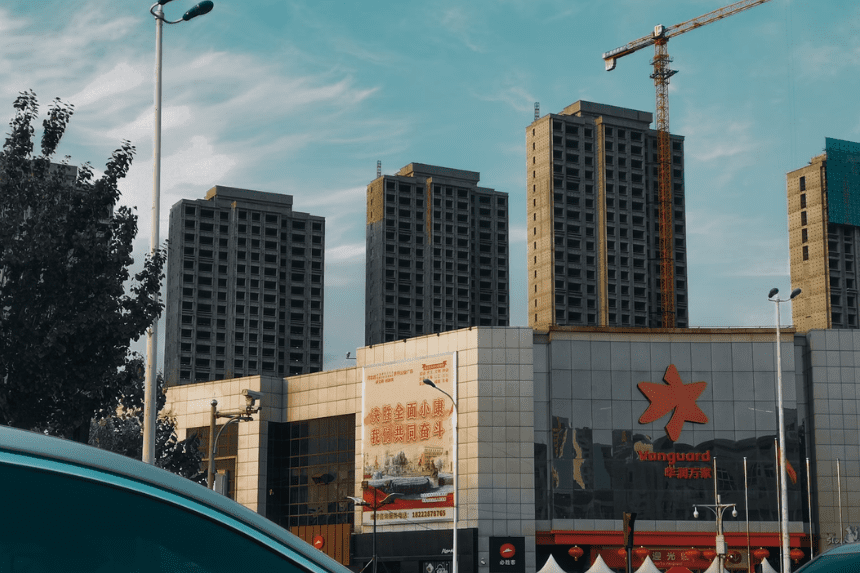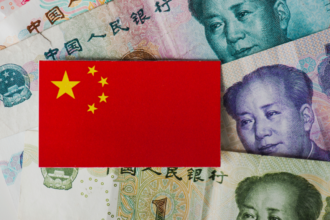The delisting of Evergrande on the Hong Kong Exchange represents the closing act of one of the most sensational collapses of Chinese Corporations. The real estate developer once had more than $50 billion in value, but it was later burdened with huge debts that resulted in the company being ordered to liquidate in early 2024. The delisting of its stocks not only signifies the decline of a company but also a significant change in trend in the Chinese real estate crisis.
What Struck Evergrande Down?
Expansion was a characteristic that was fueled by massive borrowing in Evergrande. The company had its maximum debt of more than 300 billion. Beijing imposed new restrictions on developers ‘ lending in 2020. In order to remain in business, Evergrande has lowered prices and provided deep discounts. In spite of these attempts, it defaulted on foreign debts and could not provide a recovery plan. In January 2024, the court ordered liquidation. Here is the link to our article on UK Steel Takeover.
Can Liquidators Recover Evergrande Losses from Founder?
Evergrande had more than 1,300 projects in 280 cities before its collapse. It also had a unit that dealt in electric cars and a first-rate soccer team. Semi-liquidation debts were approximately 45 billion. Liquidators have recovered just a fraction of the value of the assets that they have sold, about 255 million. They now examine the personal property of the founder in order to recover it.
What Does This Imply for the Economy of China?
The Evergrande delisting indicates the distress in the Chinese property market. Property used to contribute one-third to the Chinese economy. As a consequence of the collapse, there have been mass waves, a high decline in housing prices, and a drop in consumer confidence. People have lost savings made on property investments in many families. There is also a decline in land sales as a source of revenue for local governments. Here is the link to our article on Censorship Lawsuit Rising.
Or is the Property Crisis Over?
It is a long way off. Other large developers, such as Country Garden and China South City Holdings, are in financial trouble. Even as Beijing unveiled policies to help new home buyers and spur consumption, it has not bailed out developers. According to specialists, restoration of the full market will take years, and the position of property prices will turn down until 2027.
What is the New Emphasis of the Government?
Instead of retreating from the housing industry, the Chinese government is currently laying its stress on high-technology sectors. Industrial sectors, such as renewable energy, robotics, and electric vehicles, are a priority for President Xi Jinping. This shift of national strategy, as seen through the delisting of Evergrande, is towards slower development of real estate and more towards progressive development of industries.
Final Thoughts
The Evergrande delisting is more than the failure of one company; it represents the risks of uncontrolled borrowing and unchecked growth. The fall of Evergrande will have long-lasting effects as China shifts its economic focus toward innovation and high-tech sectors. It will influence government decision-making processes, investor confidence, and even societal perceptions. This change in direction highlights the urgent need for financial soundness in China’s new development model.








